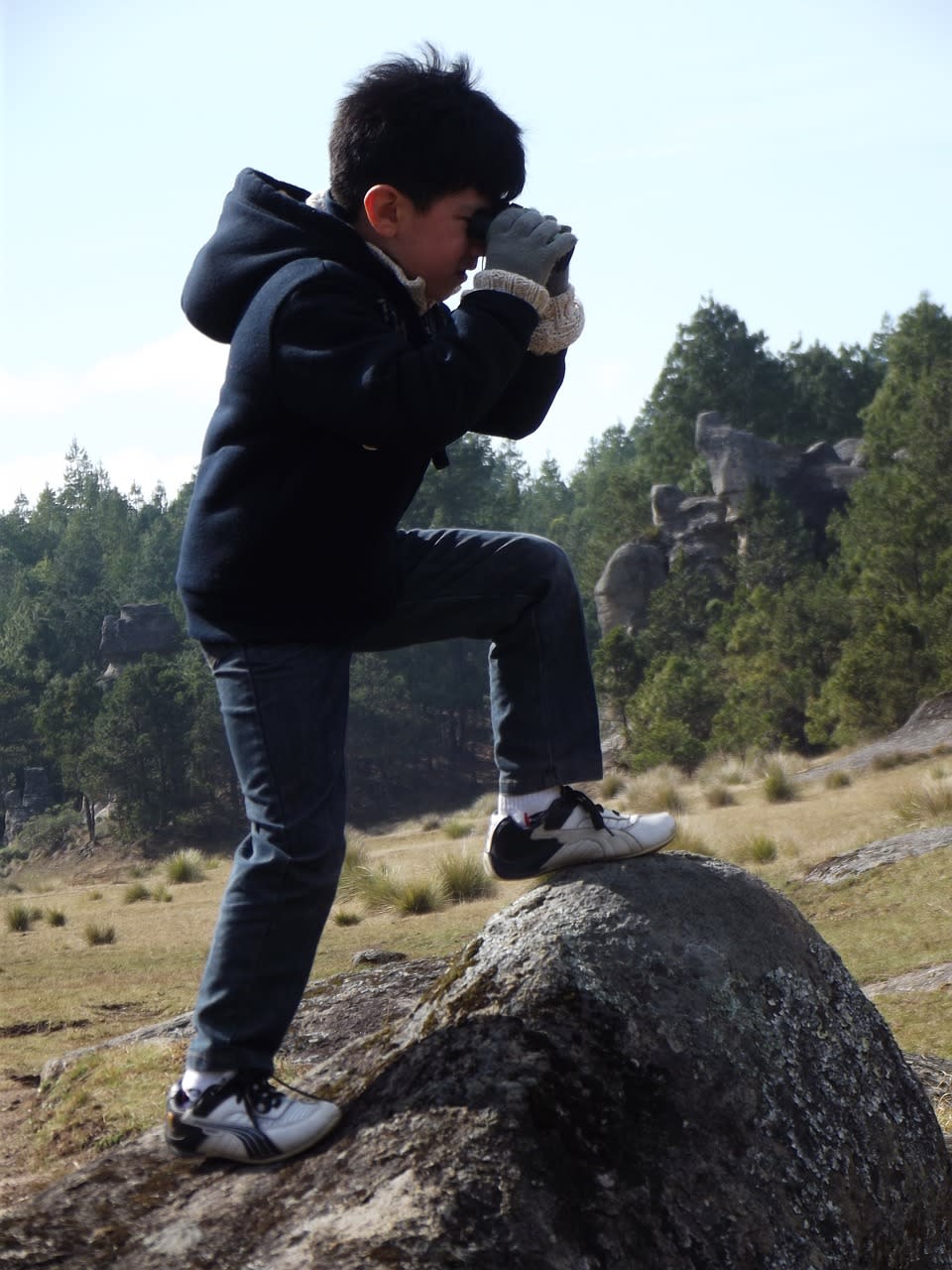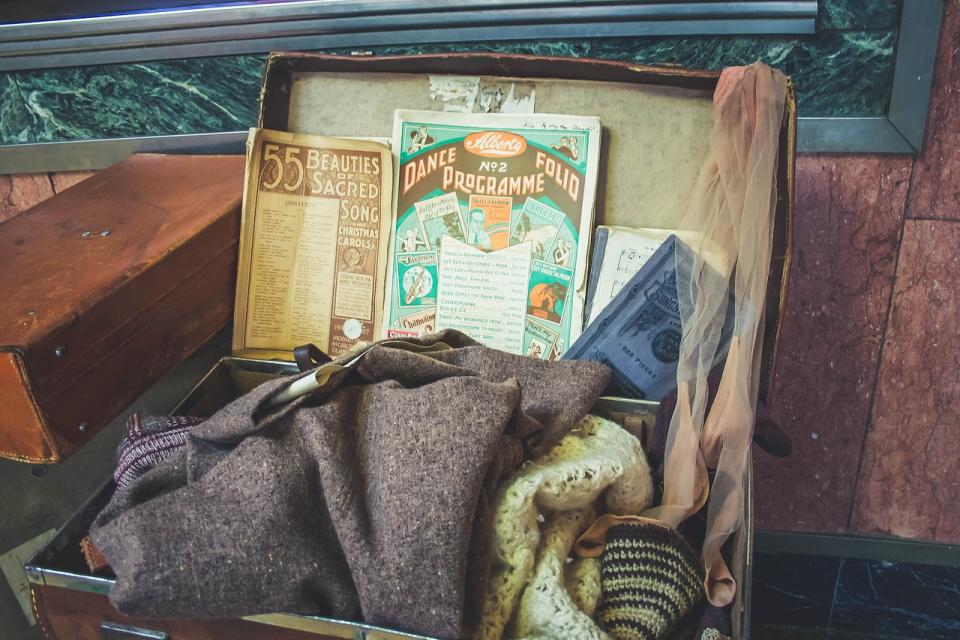5 ways to turn an overseas holiday into a multi-disciplinary educational experience
By Marcus Goh and Adrian Kuek
Grade Expectations is a weekly feature on education in Singapore. Expect fun activities, useful tips and insightful news on learning. It’s not just about your child’s grades – it’s about raising a great child!
You might think that taking a trip out of Singapore means that your child stops learning, but nothing could be further from the truth. An overseas holiday is no excuse for your child’s education to stop. With a little bit of tweaking, you can make your holiday a learning experience for your child, and take some of that vacation-planning burden off your shoulders. Here’s what you can ask them to do that will kill two birds with one stone (you’ll still need to double check what they’ve done, though!).

1. Ask them how much foreign currency needs to be exchanged
If your child has never been to a money changer before, now’s the perfect opportunity to take them there. Ask your child how much money the whole family would require for the holiday.
This is a perfect example of a Mathematics problem that requires several steps. First, your child would need to determine how much money needs to be changed. To know that, he or she would have to calculate likely meal and activity costs, as well as any potential shopping expenditures. They would probably think of all this spending in terms of Singapore dollars (SGD).
Next, they would have to understand the concept of exchange rates, and convert SGD into whichever currency you intend to use in the destination country. This helps to reinforce the topic of money in Mathematics, and also illustrates real-world issues that we adults face regularly.
And if anything goes wrong, there’s always a credit card to fall back on.

2. Ask them to set the itinerary for two days
This might seem like a simple task, but it also requires multiple steps. First, a child must understand how many hours there are in a day, and how many hours will be spent on travel activities, eating, sleeping, travelling and so on. This again tests their Mathematics skills and, more specifically, the topic of time.
Next, your child must also figure out where the family will be going (this assumes you haven’t booked your tour through a travel agency). It requires them to do some online research, determine travel options, and estimate how long the family will spend at a particular venue. These are soft skills that will be valuable in life.
However, please check your child’s itinerary before following it – remember that they are children, and they might not be aware of some aspects of going on holiday. Don’t just follow that schedule without checking it!

3. Ask them to suggest specific destinations to visit
This is a little different from setting an itinerary. In this instance, ask your child to present a city (Tokyo, for example) to visit, and several reasons why your family should visit that destination. Ask them to build a case for visiting a certain place, and convince you that their selected option is a worthy destination.
This helps them to build their English persuasive and argumentative skills, since they need to come up with convincing reasons to go to a certain destination. They will almost always choose places that they have always wanted to go, so there’s no worries about them picking a place that they dislike.

4. Ask them to be the ‘tour guide’ for certain destinations
Let them role-play a little by playing tour guide for one or two venues within the destination (a specific landmark or tourist attraction) and explaining the history and other interesting information about the place. This entails some preparation and research beforehand, but it’s worthwhile seeing what they’ll come up with. They might even surprise you with facts that you never knew about some landmarks, since they will conduct their research based on what appeals to them.
Besides English oral practice, this also allows them to practise their public speaking and presentation skills – more soft skills that will be valuable later in life. By letting them play tour guide, you’ll be building their confidence in making presentations, as well as conducting proper research on a particular topic.

5. Ask them to pack – for you
You’d normally expect them to pack for themselves (or you might even pack for them), so give it a twist by asking them to pack for you, instead. It gives them some autonomy and freedom, and allows insight into their thought process. You would need to make sure that they have packed all the sensible necessities for travel, but it also provides some valuable insight into what they consider important. They may include some items that seem frivolous, but they’re likely to have a certain reason for packing those items.
Ask them why, and you’ll probably learn more about your child in a way that wasn’t obvious before. Plus, they’ll learn organisational skills and practise the topic of area and perimeter, too!

Of course, please don’t bring your child’s textbooks on holiday and give them exams in a hotel room – that would be going overboard. Rather, take it as a time for them to rest and recharge from the hustle and bustle of everyday academic life, and take this time to introduce varied learning activities for them.
Adrian Kuek runs Joyous Learning, an enrichment centre that specialises in English, Mathematics, Science and Creative Writing for Primary. He previously served as the academic director of one of Singapore’s largest enrichment centre chains for over seven years.
Marcus Goh runs Write-Handed, a creative writing studio. At the same time, he teaches Secondary English at The Write Connection. He has been a specialist tutor for English and Literature (Secondary) since 2005.




